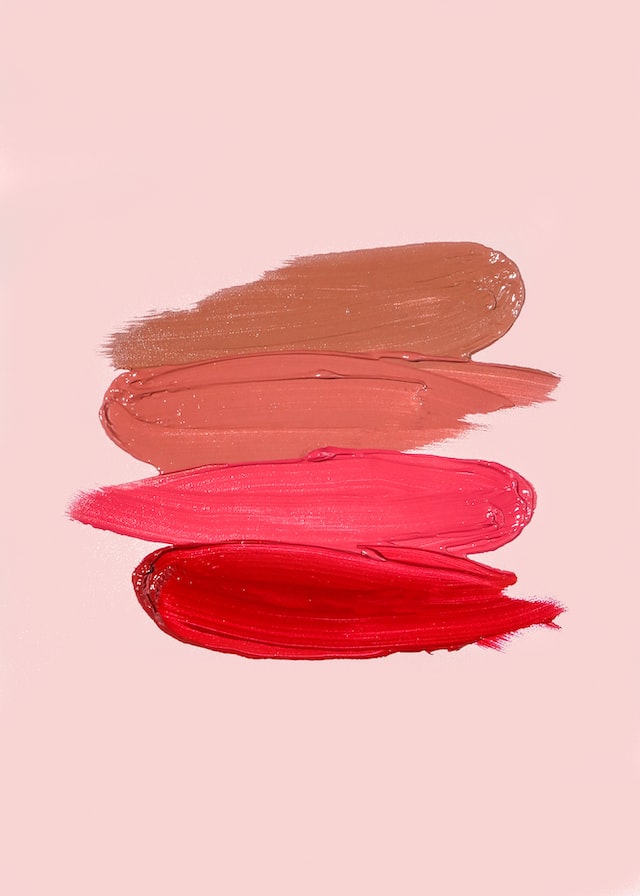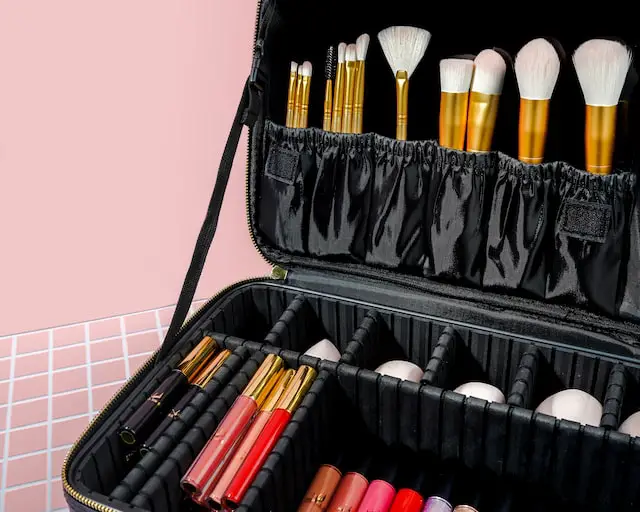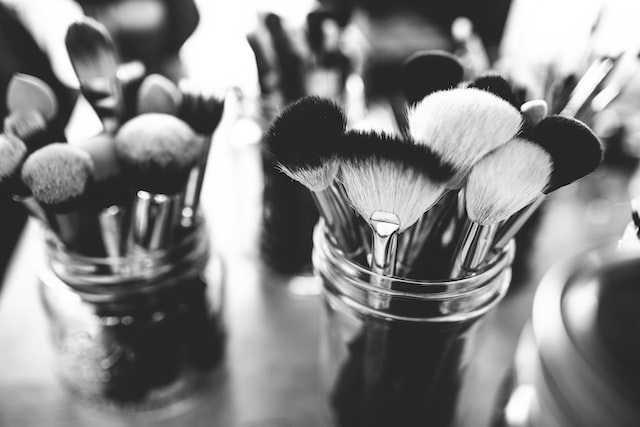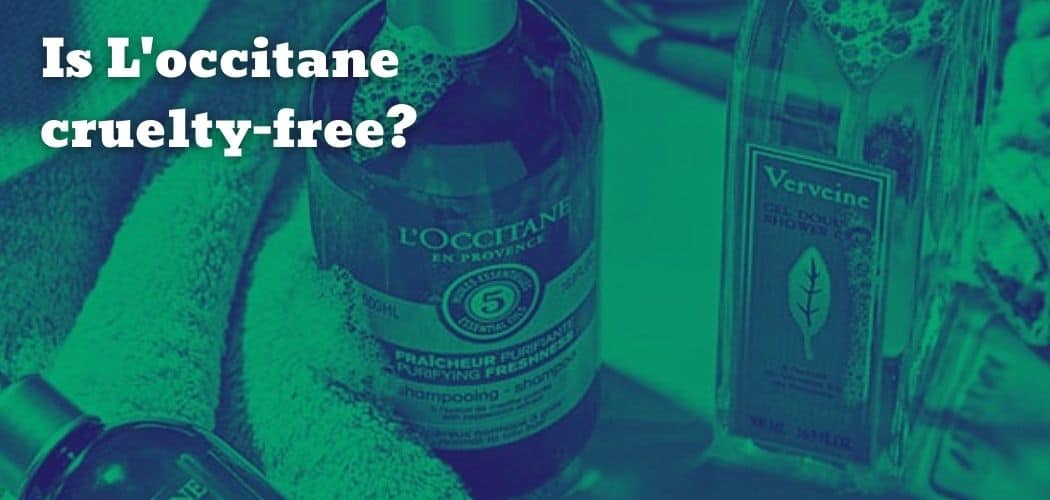When buying beauty products, it’s important to check whether they’re cruelty-free or not. After all, if they aren’t cruelty-free, you wouldn’t want to support and encourage the use of animal ingredients in these product formulas.
Today we’ll be talking about one such beauty brand — L’Occitane — which is popular for its use of botanically-grown ingredients from the Provençal region to create its fantastic skincare and body care products.
Does L Occitane do animal testing?
Yes, L’Occitane does animal testing.
According to PETA, L’Occitane currently tests on animals where required by law or government regulations (including China) as well as sells in China, where animal testing is required by law.
Is L’Occitane Sold in China?
Yes, L’Occitane is in fact, selling its products both in stores and online in mainland China.
L’Occitane has been around since 1976 and has been a French beauty brand for over 40 years. It started out as a small shop located in southern France that sold moisturizers made with organic ingredients from Provence, France.

Today it is one of the most well-known brands for skincare products worldwide, including in China.
The company has nearly 1,000 stores worldwide and sells its products in over 70 countries.
L’Occitane Animal Testing Policy
If you have seen any advertisement for L’occitane within the past decade, you have certainly noticed that the brand spends a great deal of time – and money – on marketing.
Yet, this company does not label itself as a cruelty-free brand. L’occitane does claim to be against animal testing and supports the use of alternative testing methods, however, its own animal testing policy is slightly less clear.
Is L Occitane all natural?
L’Occitane en Provence is a brand that’s well-known for its natural and botanical ingredients.
With over 200 botanical ingredients, the company has been able to create products that are made from plants rather than chemicals.
L’Occitane uses natural ingredients in its products such as shea butter and olive oil. Shea butter is used in many beauty products because of its moisturizing properties.
Olive oil is used in many hair care products to help repair damage from heat styling tools like blow dryers and curling irons.
L’Occitane also uses essential oils in their products like lavender and orange blossom extract which have calming effects on the skin when used topically.
The company’s website lists over 200 botanical ingredients that are used in its products.
However, some of these ingredients are synthetic, like ethoxydiglycol and triethanolamine. These ingredients are not found in nature, so they can’t be considered “natural.”
Is L Occitane a luxury brand?
L’Occitane is not a luxury brand; it is a mid-priced brand that provides high quality products at affordable prices.

L’Occitane is a French cosmetics and skincare company that was inspired by the beauty of Provence. The company has expanded to over 1200 stores worldwide.
L’Occitane offers a wide range of products including skincare, fragrance, and cosmetics. The company also owns several spas and hotels in Provence, France as well as an eco-lodge in Costa Rica called La Provençal, which features twelve rooms.
Is L Occitane eco friendly?
In 2015, L’Occitane released its own sustainability report detailing its environmental impact over the previous year.
The report found that 98% of the company’s products are sourced sustainably.
L’Occitane’s mission statement is “to transform beauty rituals into moments of well-being.”
The company uses ingredients from gardens and farms as well as other organic sources when possible.
It also supports fair trade practices in its supply chain and gives back to local communities through donations and community work.
Is it vegan-friendly?
The answer is yes and no. Some of their products contain beeswax, honey, or other animal ingredients.
“Not 100% of these products are vegan friendly, including finished products and ingredients. Some of their products contain beeswax, honey, and lanolin.
Is it ethical?
L’Occitane does not have an ethical policy, nor does it list the ingredients of its products on the website. This means that they don’t follow common ethical practices.

L’Occitane is one of those companies as they sell their products in mainland China, which has been known to use animal testing and also stated on their website as an animal welfare brand. Which is quite contradictory.
Moreover, some products contain beeswax or honey which could potentially be unethical depending on how they’re sourced.
For example, if they’re imported from countries where beekeeping practices are harmful to bees, then they might not be considered ethical by some people.
Conclusion:
In the end, L’Occitane seems to be a bit of a mixed bag. They’re committed to cruelty-free cosmetics and their packaging is clearly marked eco-friendly, but some of their products are sold in China—which is definitely not good.
So while they are one of the better brands out there, it’s not quite a full pass with flying colors—nor is it a complete failure either.

